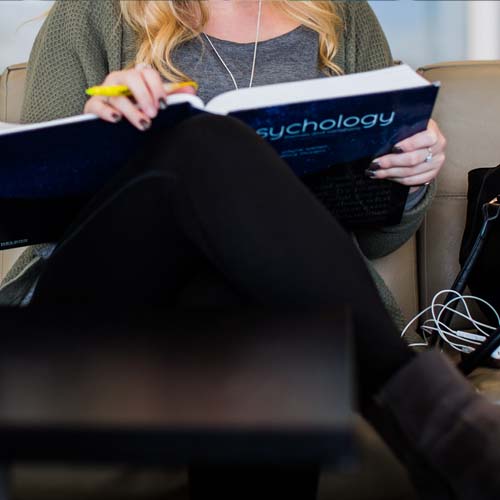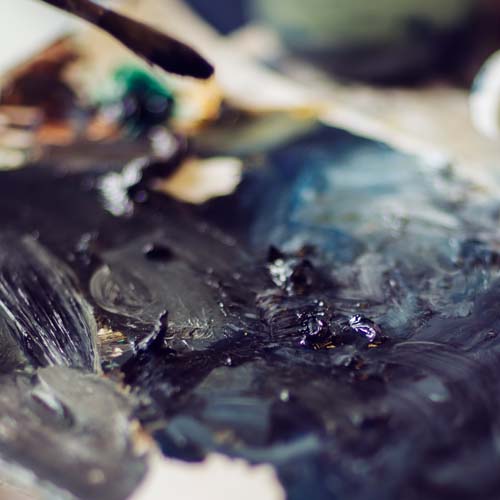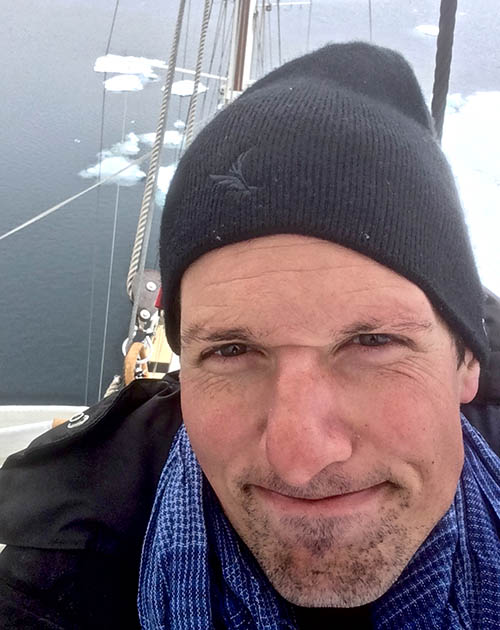Research Report: 2016-2018
▼ Choose a report:

Powered by Research & Graduate Studies

Powered by Arts and Social Science

Powered by Fine Arts

Powered by Science and the Environment


A trip to the Arctic and witnessing the full impact of global warming has caused Prof. Robert Hengeveld to examine more acutely how the way we live impacts the world around us.
An invitation to the Arctic Circle Expedition in 2017 saw the visual artist and associate professor in Grenfell’s School of Fine Art board the Antigua, and travel north of Salvard alongside artists, scientists and architects.

"The opportunity was quite impactful – but even more striking was the quantity of plastic debris I discovered washed up on each beach landing. To see this in such a remote part of the planet was incredibly disturbing, and led to a new work in 2018," said Prof. Hengeveld. "Encountering such dramatic evidence to our anthropogenic reality has had me questioning every aspect of how we live and work, and has heavily influenced my research interests."
This influence is demonstrated in a wide variety of exhibitions and installations; indeed, to say Prof. Hengeveld’s research is diverse would be an understatement. He has had a myriad of experiences and exhibitions over the last few years.
Taking many different forms ranging from drawings and landscape to video and sculpture, Prof. Hengeveld says the common denominator is "how we define and under stand ‘the real’."
One of his more interesting directions over the last year and moving forward has been working collaboratively on three projects with Dr. Oscar DeSilva and the Intelligent Systems Lab at Memorial’s St. John’s Campus.
"The first is upgrading the two robotic boulders (Where Phantoms Meet) to include localization software. Another has been the development of an animatronic moose that will to be part of a larger installation-based project", he said, adding that the third project will involve 100 "swarming robots."
Beyond his own interest in how we understand and perceive ‘the real,’ he has become increasingly invested in considering approaches to art making more generally – approaches that are both socially and environmentally responsible. He examines full lifecycle of an artwork: how art can be created that is both produced and exhibited in a sustainable way and how that might affect what and how art is taught in visual arts programming.
Prof. Hengeveld’s external funders: • Canada Council for the Arts • Ontario Arts Council • Toronto Arts Council, ArtsNL • Internal travel grant • Cross Campus Initiative Fund • Artistic creative grant. Support from Dr. Oscar DeSilva and the Intelligent Systems Lab.